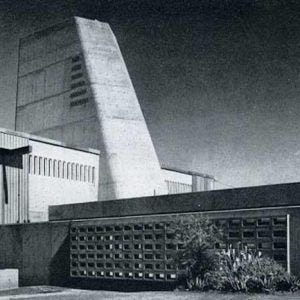The European Court of Justice (ECJ) is expected to rule that European Union (EU) governments must divulge information to the European Commission (EC) about decommissioning military reactors, where such data does not compromise “the essential interests of national security”. This follows a case against the British government, which refused to release information about its shutting-down the ‘Jason’ training reactor, at the Royal Naval College, Greenwich.
Having alerted the Commission about the decision, the UK received demands for information about the decommissioning process, which it rebuffed, alleging military reactors are outside the Euratom treaty regarding such data transfers. Brussels challenged this and ECJ advocate general Leendert Geelhoed has now advised judges to find against Britain, saying non-essential military reactors (such as that in Greenwich) are covered by these Euratom rules, and the UK “is in breach of its obligations” by both restricting information and refusing to negotiate with the Commission. ECJ decisions typically take 3-6 months after the opinion is given, and usually follow advocate generals’ advice.
In October, the UK was threatened with a case at the ECJ over its failure to consult the EC before issuing radioactive waste disposal licences for the country’s atomic weapons facilities in Aldermaston and Burghfield.






